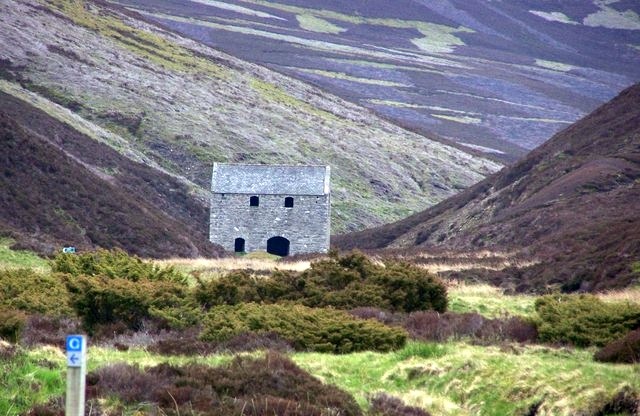
Scottish farmers are to take part in a project to assess the value of natural assets to help them make decisions that will protect the environment and the land that they work on.
The trial will apply the international Natural Capital Protocol to land-based businesses on two estates in Moray which are run by Crown Estate Scotland.
It is hoped the initiative will help put Scotland at the forefront of developing new ways of assessing how farmers manage land and environment.
Crown Estate Scotland will contribute insights on its work at the World Forum on Natural Capital which takes place in Edinburgh on Monday and Tuesday (Nov 27-28). The pilot project will be completed in March 2018.
‘Natural Capital’ covers natural assets including geology, soil, air, water and all living things, which provide societies with a wide range of services. These include food, water and the plant materials, as well as climate regulation and natural flood defences provided by forests, the billions of tonnes of carbon stored by peatlands, and the pollination of crops by insects.
The pilot will cover the entire 23,000 hectare Glenlivet Estate, an upland tenant farm on that same estate, and a lowland arable business on the Crown Estate Scotland’s Fochabers Estate.
'Sustainable decisions'
Head of Property, Andy Wells, said the pilot project would help Crown Estate Scotland identify if Natural Capital Protocol provides a practical way of helping rural businesses understand their impact and dependency on the natural environment.
He said: “It’s a toolkit which helps businesses identify how natural resources contribute to their long-term profitably and how their activities impact those resources. Using the protocol enables businesses to make more sustainable decisions and account for the elements of nature that provide important ‘services’ to people.
“By running the trial on a full estate as well as two different types of farms we will be able to see how land businesses can potentially use the information to make better business decisions.
“The rural sector in Scotland and across the UK is facing a lot of uncertainty and, with the EU subsidies and funding likely to be phased out in coming years, this project may provide some useful insights into different ways of measuring the impact of what we do to our land.”
Crown Estate Scotland is responsible for managing 37,000 hectares of rural land with agricultural tenancies, residential and commercial properties and forestry on four rural estates, Glenlivet, Fochabers, Applegirth and Whitehill.
